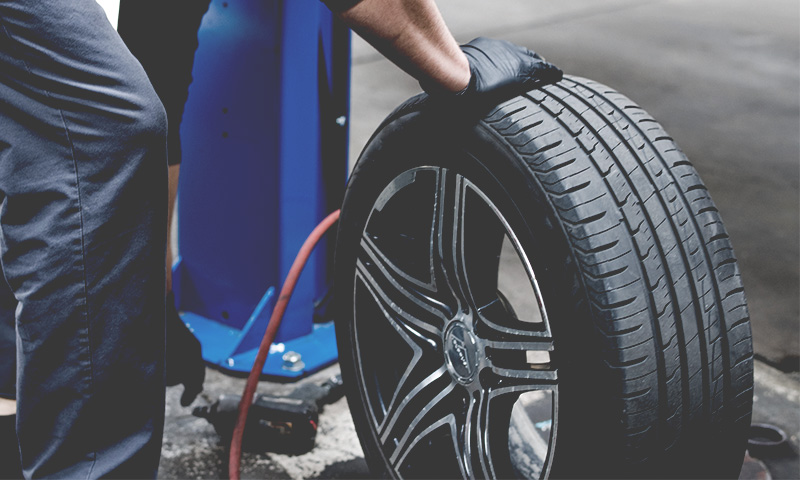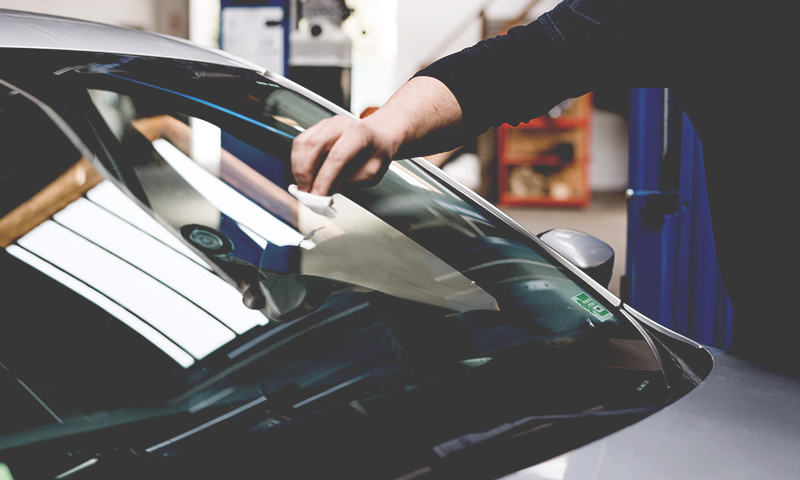Autocare
Repair. Maintenance. Service. Since 1990
Automotive Services
Automotive repair is an essential aspect of vehicle ownership. It involves the maintenance and restoration of automobiles, ensuring they remain in top working condition.

Oil Change & Smog Test
Routine vehicle maintenance is essential for keeping your car in optimal condition and ensuring it complies with environmental standards.

Tire Fills & Replacements
Tires are a vehicle’s point of contact with the road, making their maintenance crucial for safety and performance.

Inspections & Tune Ups
Regular vehicle maintenance is essential to keep your car in prime condition and prevent unexpected breakdowns.

Cleaning & Detailing
A well-maintained vehicle not only performs better but also looks more appealing. Two key aspects of car care are cleaning and detailing.

Engine Services
The engine is the beating heart of your vehicle, and its proper care is essential for optimal performance and longevity.

Purchase Tools & Parts
Maintaining your vehicle often requires purchasing tools and parts.
Satisfaction Guaranteed
“I’ve been a customer of your automotive services for several years now, and I can’t express enough how satisfied I am with the exceptional quality of work and customer service. Your team consistently goes the extra mile to ensure my vehicle is in its best shape. You’ve earned my trust, and I recommend your services to all my friends and family.“
“I recently had my car serviced at your automotive center, and I was genuinely impressed. Not only was the work done promptly, but the staff was incredibly knowledgeable and friendly. The attention to detail and the transparent communication throughout the process made me feel like my car was in the best hands. I’ll definitely be returning for all my future automotive needs.“
“Your automotive services have saved me countless times. Your team’s ability to diagnose and repair issues efficiently is second to none. I appreciate the honesty and fair pricing. Thanks to you, I can always count on a safe and reliable vehicle. Keep up the great work!“
Happy Customers
Years in Business
Locations
BLOG
6 ways to promote your car rental service on social media
In today's highly connected world, simply having a great fleet of vehicles and competitive prices isn't enough to drive your car rental business forward. To truly thrive, you need to be where your customers are, and increasingly, that's on social media. This article...
Cashbuyersjacksoville.com: Your Go-To Source for News
Introduction to Cashbuyersjacksoville.com In the modern digital age, staying informed is essential. https://cashbuyersjacksoville.com has positioned itself as a reliable and fast-growing news platform, providing readers with accurate, timely, and engaging content....
Dubai Luxury Car Rental Ferrari: Feel the Thrill of Italian Engineering
The streets of Dubai are no strangers to luxury, power, and style. From the architectural wonders of the Burj Khalifa to the extravagant resorts lining the coastline, every inch of this city exudes elegance and ambition. But for many residents and visitors, true...
SecondSonSEO: Your SEO Growth Partner for Sustainable Online Success
In the ever-evolving world of digital marketing, one strategy remains a consistent driver of long-term success: search engine optimization (SEO). For businesses aiming to grow organically and improve their online visibility, finding a reliable SEO partner is crucial....
How to Strengthen Your SEO Strategy with Backlink Purchases from BuyBackLinks.online
In the ever-changing world of SEO, one thing remains consistent—backlinks are essential. They act as digital endorsements from other websites, influencing how search engines evaluate and rank your site. While building backlinks organically is ideal, it’s often slow...
Kaospalestina.id: Cara Modern Mendukung Palestina Melalui Gaya Berbusana
Solidarity in Style: Ketika Kaos Jadi Media Perjuangan Solidaritas terhadap Palestina bisa diwujudkan dalam berbagai bentuk. Mulai dari aksi sosial, donasi, hingga penyebaran informasi. Namun, di era saat ini, bentuk dukungan bisa tampil lebih modern dan kreatif —...
herohasreturned112: Where Heroes, Legends, and Digital Stories Collide
In the growing realm of digital entertainment, websites that offer unique and immersive storytelling experiences are rapidly gaining traction. One such rising platform is herohasreturned112—a storytelling hub that merges fantasy, action, and modern art into one...
Fast Property Sales Without Stress: The Smart Way with a Cash Buyer Jack Soville
Selling a house can be emotionally and financially draining, especially when you're facing time constraints or property issues. But what if you could bypass the usual headaches—no agents, no repairs, no waiting? That’s exactly what a trusted cash buyer Jack Soville...
Inspirasi Gaya Hijab Sehari-hari yang Bisa Kamu Dapatkan di Toko Jilbab Terdekat
Berhijab bukan berarti membatasi diri untuk tampil menarik dan percaya diri. Justru dengan pilihan yang tepat, gaya hijab bisa menjadi bagian dari ekspresi diri yang elegan dan sesuai syariat. Salah satu cara termudah untuk menemukan gaya hijab harian yang cocok...
Full Service Auto Shop
Satisfaction Guaranteed
Call us today
+62 882-0099-41543
or

